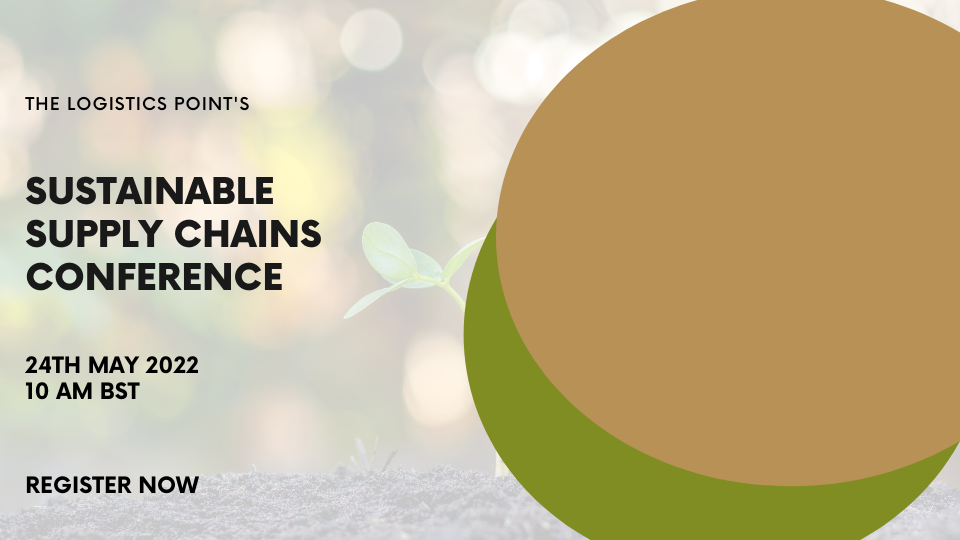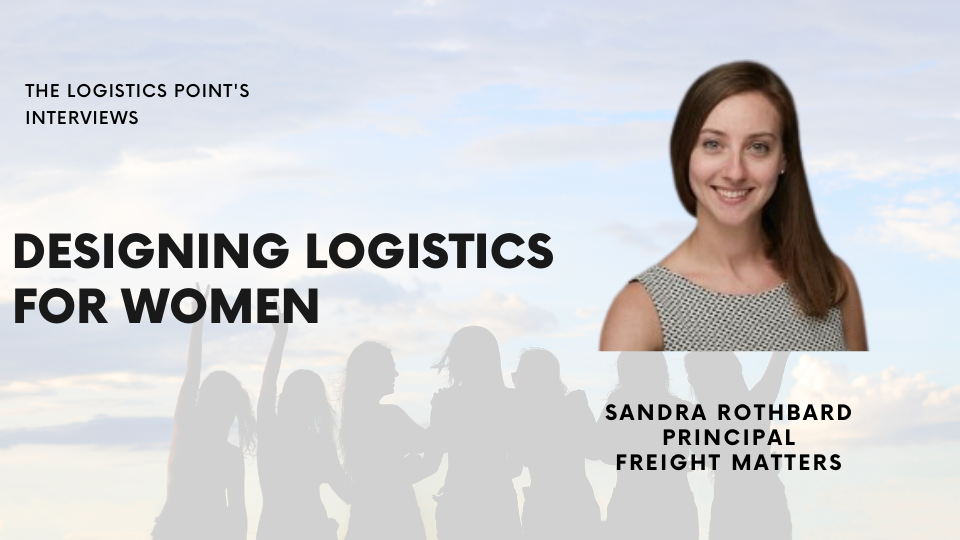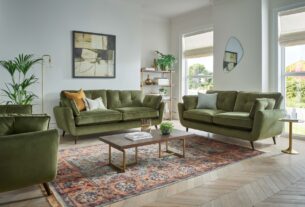The logistics industry has changed a lot during the last few decades but much more needs to be done when it comes to equality and openness. We spoke to Sandra Rothbard from Freight Matters about how logistics needs to redesign itself to feel more accommodating and welcoming towards not only women but minorities. You can watch the full video interview below.
Have conditions for women in the logistics and supply chain industry improved?
I think more and more women realise that just because we haven’t been in a specific field or profession in the past doesn’t mean we can’t in the future. It doesn’t mean it isn’t met with certain challenges. This is a field that has traditionally been dominated by men, much more so than many other areas. But there are a lot of different ways for women to break into the industry. I think that provides more opportunities. It makes it a little bit easier.

There were quite a lot of reports that women in general are more negatively affected by COVID. Do you think that things have really been bad?
Absolutely! As you mentioned, there’s plenty of evidence that women really took the brunt of a lot of the issues during COVID. Women tended to pick up all the slack when it came to childcare and even housework. You don’t have to have children to see that even in some households without children. The women often are still doing the majority of the household work, so trying to balance that with a job can be very difficult. And many in the logistics and supply chain industry cannot work from home. If you’re working in a warehouse or you are driving a truck, it’s a lot more difficult.
How can we support women in the industry?
One is we need to design for women. So generally speaking, we don’t actually really design cities for women. There’s a lot of great research on this, from anything like the hand railing on public stairs not being too tall because they’re typically designed for a man’s frame.
Are we designing trucks to be driven by women who may be smaller or have different needs? Are we designing equipment that’s in warehousing to actually fit women so they are able to drive it easier or the equipment that helps move goods around? Are we hiring women at the same rate?
We need to train women.They may be coming with less knowledge about the industry than men in those positions. It’s important for men to mentor women as well. And this isn’t a formal meeting. This is simply looking out for each other and making sure that we are picking each other up and then promoting women.
Do you think that companies are just checking a box?
The world finally woke up over the last couple of years around diversity, inclusion and equity. But diversity, inclusion and equity is not simply saying that you have one woman. It’s really understanding that a diverse workforce makes your company better, makes your team better. You have a diversity of voices and different folks coming from different angles trying to solve a problem, and it’s going to help your bottom line if you have a diverse set of views.
Watch the full video interview with Sandra Rothbard from Freight Matters on how women were impacted by the pandemic, how the industry is transforming to support them and what more needs to be done. ✷


